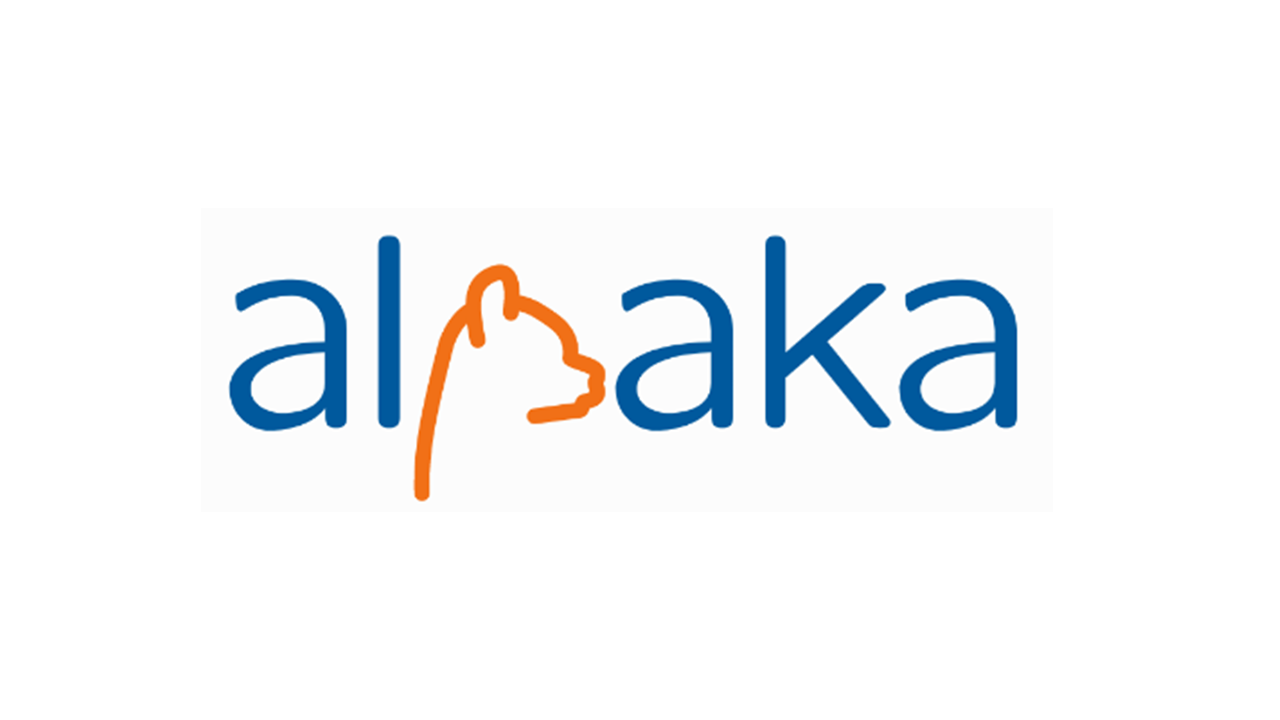The next Plasma-PEPSC webinar on “Using alpaka for Portable Parallel Programming” by Mehmet Yusufoglu (HZDR, Germany) will be held on Tuesday, 28th May at 2:00 PM (CEST).
Join Zoom Meeting:
https://kth-se.zoom.us/j/64475975479?pwd=pegt5M3fjG8JWXXeFFNYF1NLfyaJgY.1
Meeting ID: 644 7597 5479
Password: 037419
High-performance computing (HPC) platforms worldwide utilize diverse hardware and software backends from various vendors, resulting in a heterogeneous thread-parallelism ecosystem. This diversity often leads to interoperability challenges and difficulties in porting parallel programs across different platforms.
alpaka (Abstraction Library for Parallel Kernel Acceleration) addresses these issues by abstracting the underlying hardware, compiler, and operating system.
alpaka is a free and open-source parallel programming library developed primarily by HZDR and CASUS. It is a header-only C++17 abstraction layer that enables developers to write portable code independent of the underlying hardware. alpaka supports various GPU backends, including HIP (AMD), CUDA (NVIDIA), and SYCL (Intel), as well as CPU backends such as OpenMP, Threads, and TBB. Additionally, alpaka extends support to FPGAs, ensuring comprehensive coverage of diverse hardware platforms. alpaka achieves “zero abstraction overhead” by directly interfacing with vendor APIs, ensuring high performance.
In this webinar, we will introduce alpaka and provide a step-by-step guide to creating portable code that runs efficiently on both CPUs and GPUs. Join us to explore how alpaka can simplify parallel programming and enhance code portability across heterogeneous HPC environments.


Comments are closed